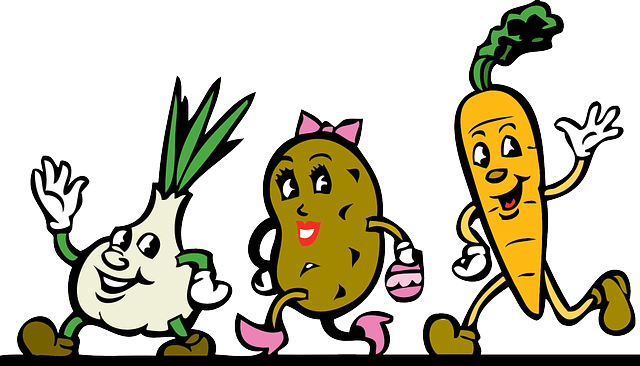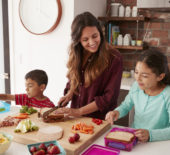Does the title of this blog ring any bells for you as a parent in your house? Having a child or adolescent which will only eat the sometimes food range and nothing else? You are not alone and there are many parents and carers who face this dilemma. So what can you do?
Firstly you are not responsible for everything your child eats but you do have the final decision on what choices are available in the house. If you don't buy the chocolate, chips, soft drinks, ice cream, lollies (the list could go on for a while) your children cannot eat these while in the house. Yes, there are still canteens and other environments which your child or adolescent could get their hands on these sometimes foods but there is the home which is your responsibility.
My first recommendation is to spring clean the fridge, pantry and freezer of the sometimes foods and drinks and replace them with what should be staples for all of us to be our healthiest. This includes wholegrains like multigrain bread, brown rice, quinoa, couscous and pasta. Also lean meat and alternatives and dairy like reduced fat cheese, yogurt, milk, tuna cans and baked beans. A good tip can be keeping a fruit bowl for an easy grab and go snack.
Helping your family to eat more vegetables can be a difficult task but try preparing some cut up vegetable sticks to be used as dipping sticks for spreads like 100% peanut butter, ricotta cheese or hummus. If the food looks desirable and fun we are naturally drawn to this and want to eat it, presentation does make a difference. Another idea is adding them to meals like spaghetti sauce by cutting them up into small pieces to 'hopefully' go unnoticed or less noticed. A third idea is to get your child or adolescent involved in the cooking and preparation of the dinner meal. Showing them that healthy does not mean boring or tasteless and by getting involved in the meal they will have a greater appreciation of the food, gain essential cooking skills and have pride in creating something to be shared for the family.
So should you completely remove the sometimes foods all the time? This is not necessary and it is important your child or adolescent understands how to enjoy these foods on a special occasion and without losing control and binge eating or drinking them when given the opportunity. So having, for example, some ice cream on a Sunday can be a good way to make these foods special, to enjoy them but to not have them as a regular and expected staple every day of the week.
Take home message:
These changes may be difficult for your family to accept at first but at the end of the day if they are hungry they will eat and will eat the foods and drinks available in the house. You are setting up a large part of the health of your child or adolescent and in the long term (if not in the immediate future) they will thank you for not being the one of many who are dealing with the health consequences from being overweight and obese.






